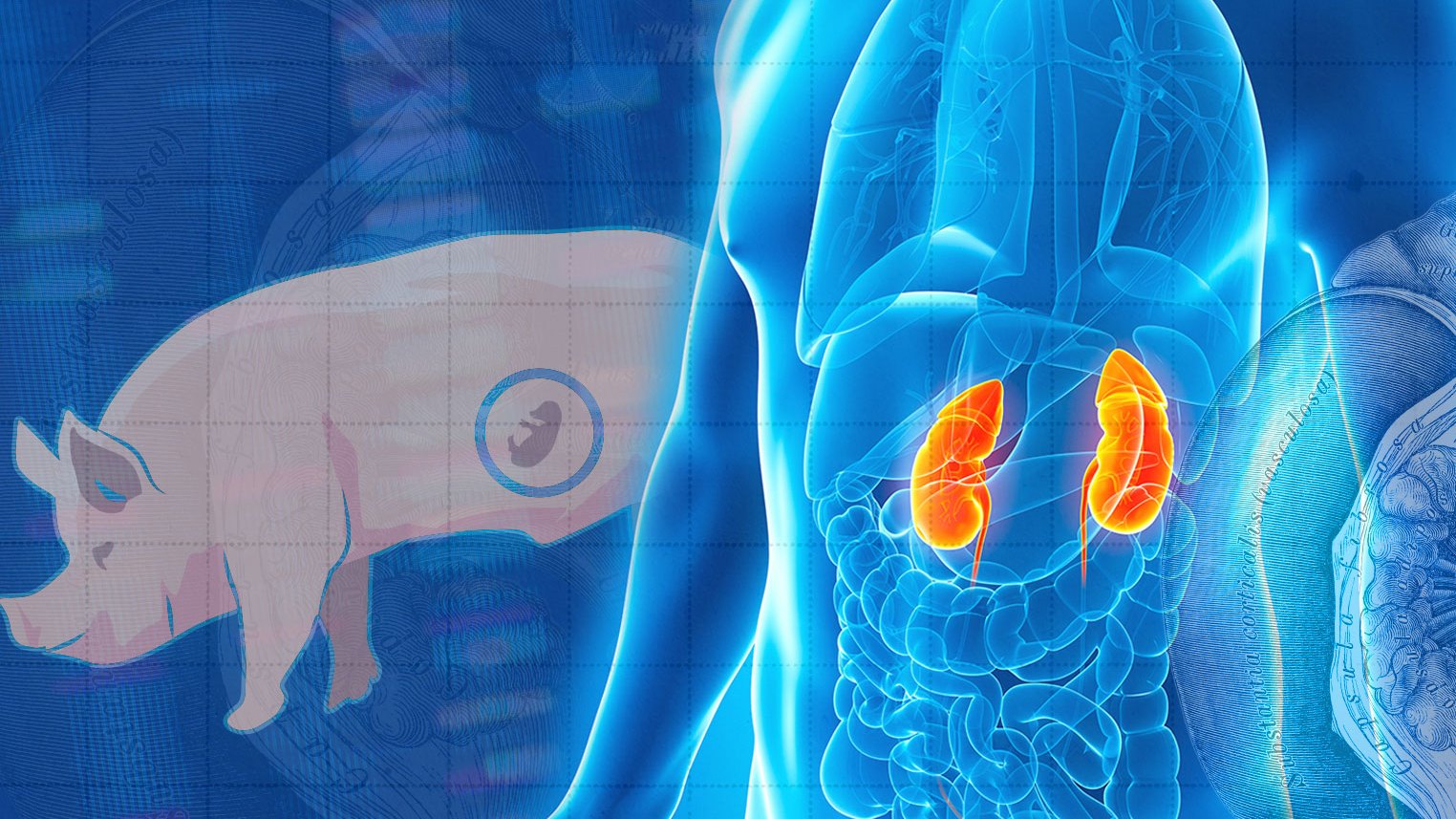Researchers grow chimeric embryos containing a combination of human and pig cells inside pigs. The researchers are from the Guangzhou Institutes of Biomedicine and Health, University of Cambridge, and Jilin University.
A severe organ shortage plagues the progress of organ transplantation. One solution may be to generate human organs in other large mammals, however, that process is challenging. Now, researchers have successfully created chimeric embryos containing a combination of human and pig cells. When transferred into surrogate pig mothers, the developing humanized kidneys had normal structure and tubule formation after 28 days.
This is the first time that scientists have been able to grow a solid humanized organ inside another species, though previous studies have used similar methods to generate human tissues such as blood or skeletal muscle in pigs.
The researchers focused on kidneys because they are one of the first organs to develop, and they’re also the most commonly transplanted organ in human medicine.

Copyright © 2023 Genetic Engineering & Biotechnology News. All Rights Reserved.
For more information:
Wang, J., Xie, W., Li, N., Li, W., Zhang, Z., Fan, N., Ouyang, Z., Zhao, Y., Lai, C., Li, H. and Chen, M. (202. Generation of a humanized mesonephros in pigs from induced pluripotent stem cells via embryo complementation. Cell Stem Cell, 30(9), pp.1235-1245. https://doi.org/10.1016/j.stem.2023.08.003

